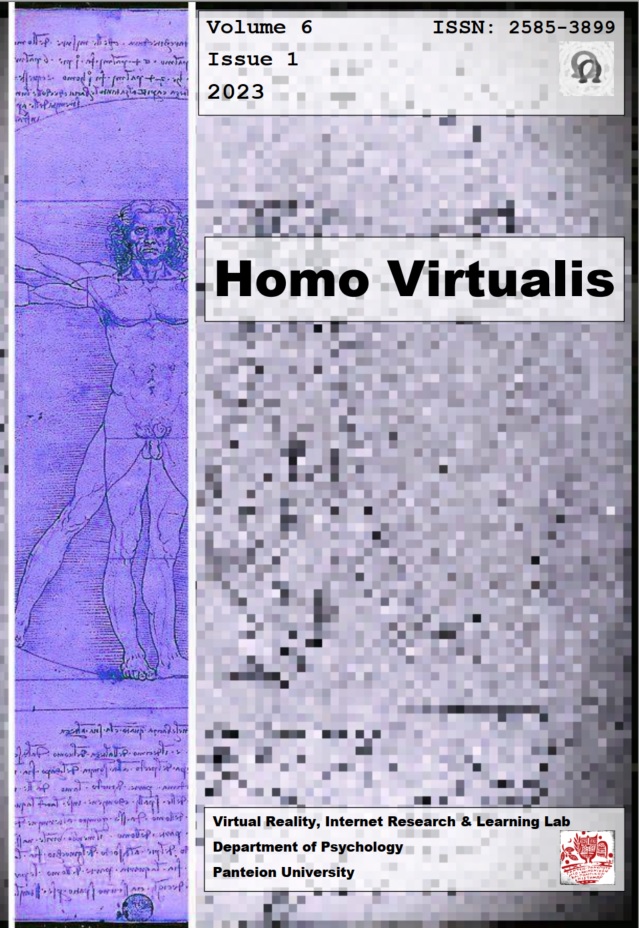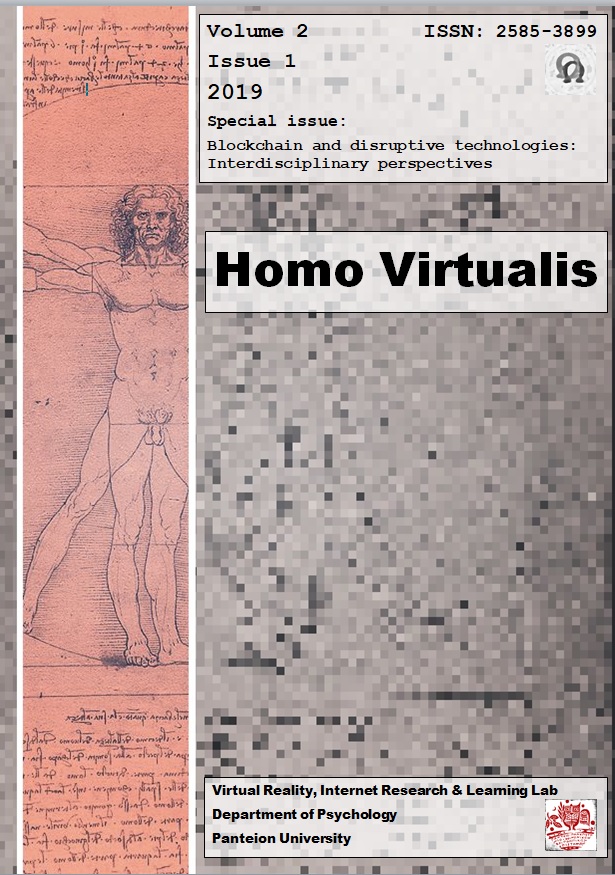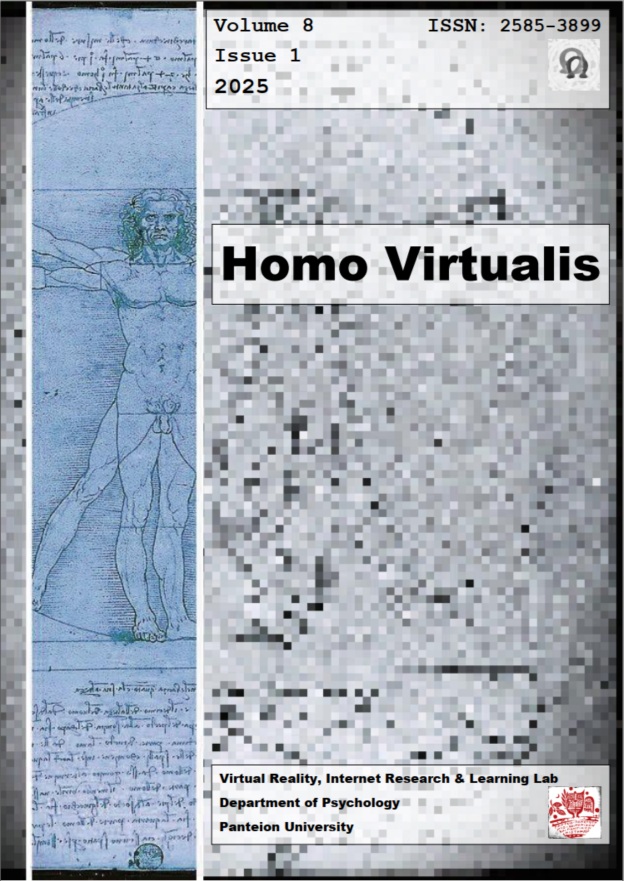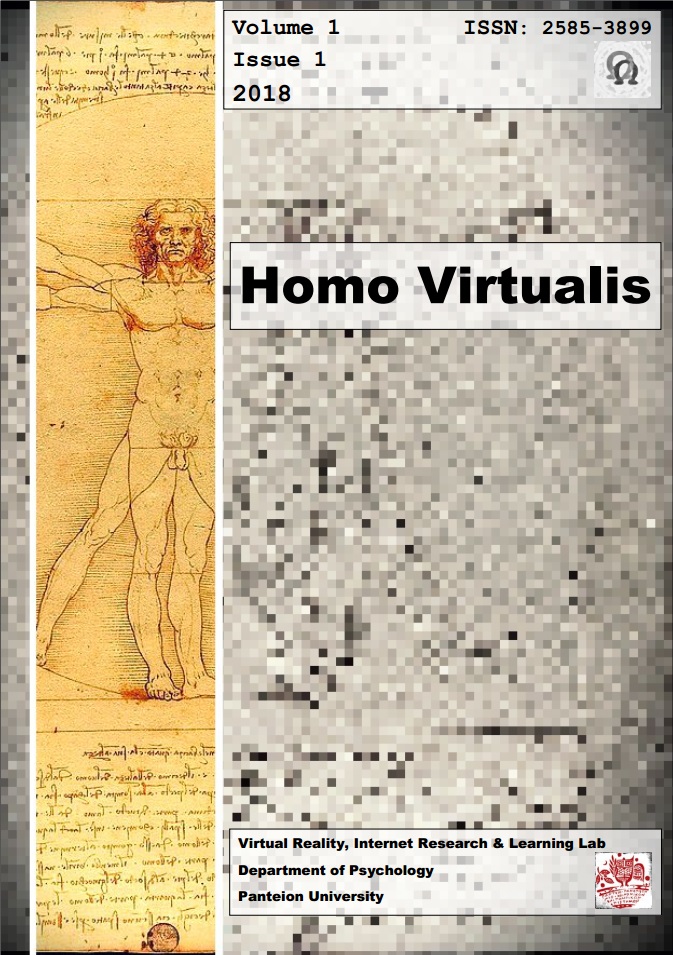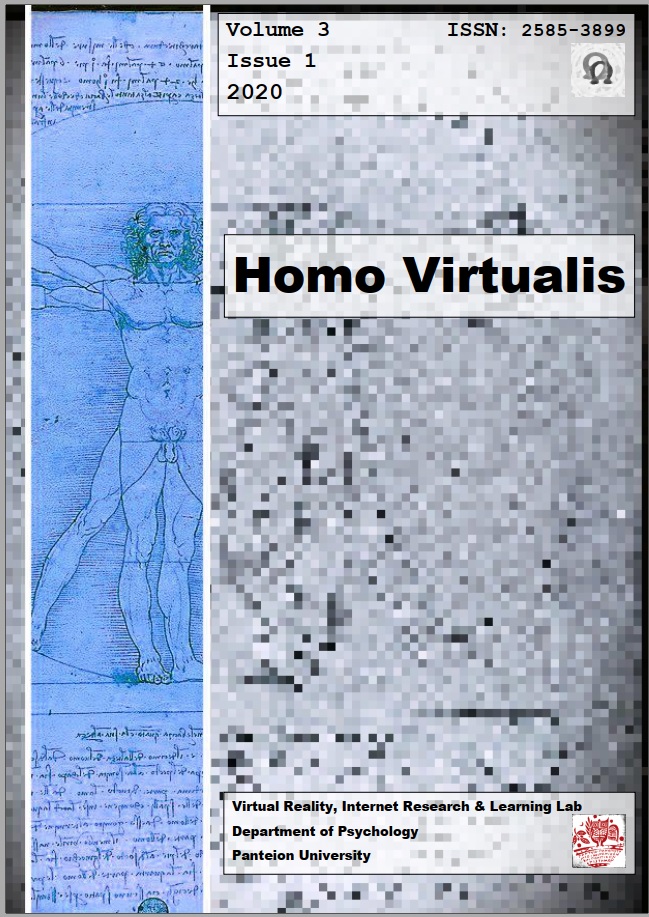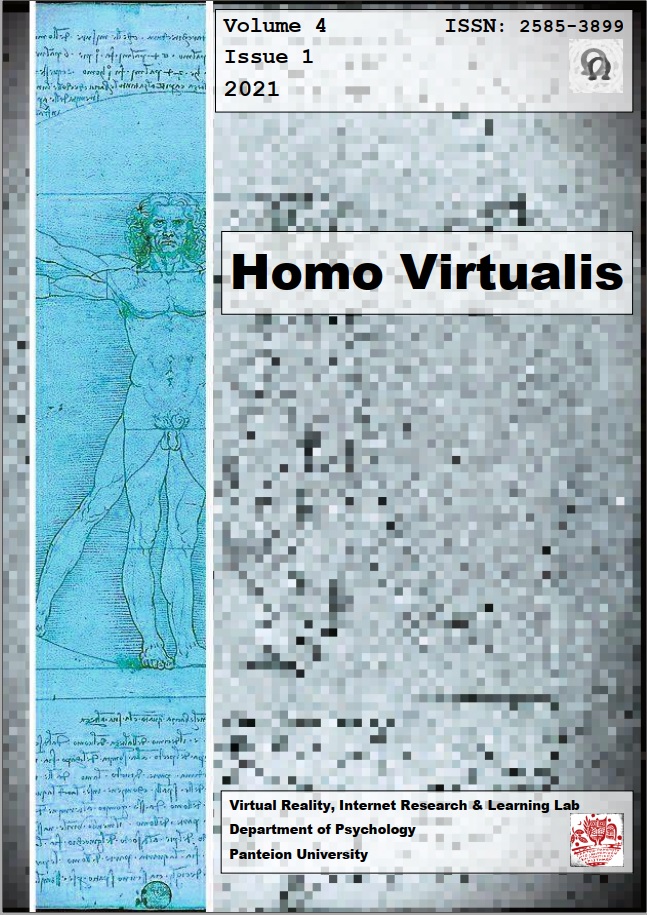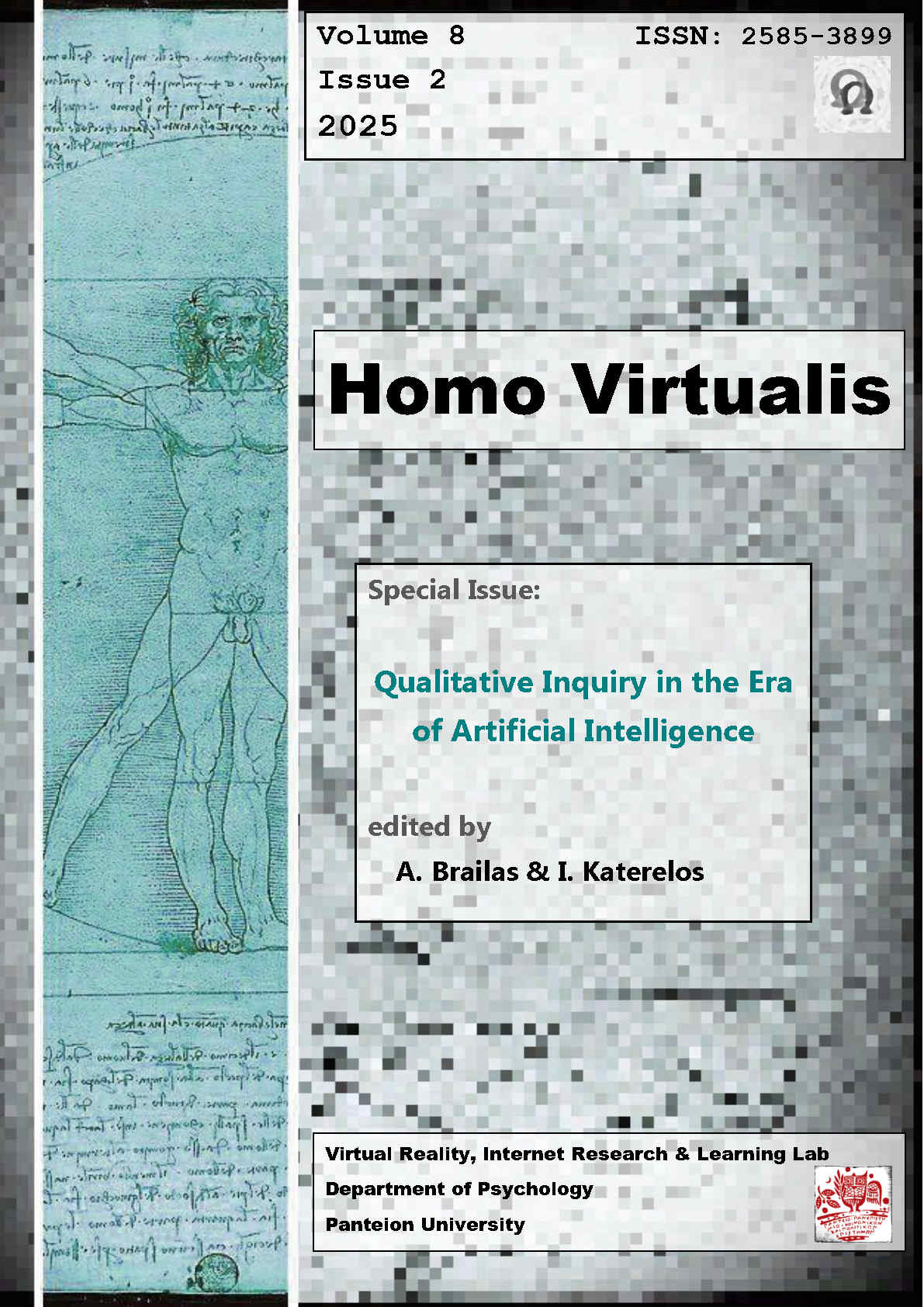Gaming in multicultural classrooms with refugee and migrant children: Exploring the potential of culturally tailored serious games as spaces for second language acquisition
Abstract
Due to the emergence of technology and people’s dependence on it, coupled with global human flows causing intense student mobility in schools, the need for a new educational paradigm arises. On the one hand, people are becoming increasingly reliant on the satisfaction modern screens provide, and all other stimuli seem uninteresting and dull. In these terms, traditional educational methods appear outdated and ineffective for the modern classroom. Today, education is a critical factor influencing and preparing people to become citizens of a world without borders. Moving in this direction, educational tools should be diversified and adjusted to a multicultural context so that all students can emotionally relate and identify themselves with the knowledge they are taught. The use of gaming in education is a popular new addition to modern classrooms. This article will present the results of a research project that investigated the potential use of serious games in multicultural environments as a space for the acquisition of English as a second language. More precisely, the study focused on the culturally-tailored content of serious games and their ideal design features, according to English teacher practitioners working with refugee and migrant populations in Trikala, Greece.
Article Details
- Zitationsvorschlag
-
Panagou, K., & Brailas, A. (2023). Gaming in multicultural classrooms with refugee and migrant children: Exploring the potential of culturally tailored serious games as spaces for second language acquisition. Homo Virtualis, 6(1), 72–93. https://doi.org/10.12681/homvir.35966
- Rubrik
- Articles

Dieses Werk steht unter der Lizenz Creative Commons Namensnennung 4.0 International.
Authors who publish with this journal agree to the following terms:
· Authors retain copyright and grant the journal right of first publication with the work simultaneously licensed under a Creative Commons Attribution License that allows others to share the work with an acknowledgement of the work's authorship and initial publication in this journal.
· Authors are able to enter into separate, additional contractual arrangements for the non-exclusive distribution of the journal's published version of the work (e.g. post it to an institutional repository or publish it in a book), with an acknowledgement of its initial publication in this journal.
· Authors are permitted and encouraged to post their work online (preferably in institutional repositories or on their website) prior to and during the submission process, as it can lead to productive exchanges, as well as earlier and greater citation of published work.

